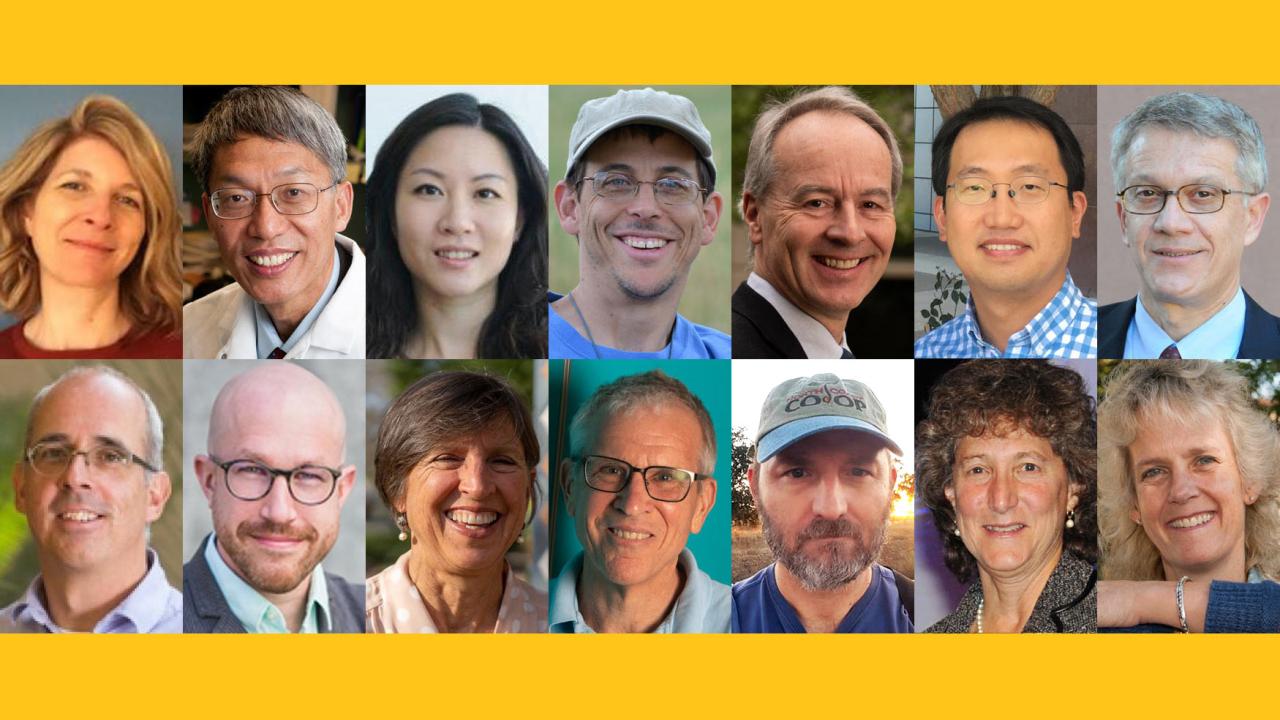Quick Summary
- Pam Ronald: Faculty Distinguished Research Award
- Thomas Harter: Meyer Distinguished Achievement Award
- Joint awards reception will be the first one since 2019
The Academic Senate and the Academic Federation recently announced their annual awards given to members for exceptional research, teaching and mentoring, and public service.
Distinguished Professor Pam Ronald of the Department of Plant Pathology earned the senate’s highest honor, the Faculty Distinguished Research Award, while Professor and Cooperative Extension Specialist Thomas Harter of the Department of Land, Air and Water Resources earned the federation’s highest accolade, the James H. Meyer Distinguished Achievement Award, given in recognition of the recipient’s record in research, teaching and/or public service.
The late Meyer, animal science professor, department chair and dean who would become UC Davis’ third chancellor (1969-87), played an important role in the history of the Academic Federation, having proposed its formation (it began as the Academic Staff Organization) for academic appointees who were not members of the Academic Senate, and supporting the organization through his chancellorship.
Unique among UC campuses, the Academic Federation serves academic appointees in titles such as lecturer (Unit 18), adjunct professor and librarian, agronomist and specialist, professional researcher and project scientist, and academic administrator and academic coordinator. The UC Davis Academic Senate, representing some 2,600 ladder-rank faculty members, is one division of the systemwide Academic Senate, with each campus constituting a division.
The Academic Senate and Academic Federation’s joint awards reception will return this year after a two-year absence, with details to be announced at a later date.
The write-ups below for each of the recipients are adapted from the citations prepared by the senate and federation award committees.
Academic Senate
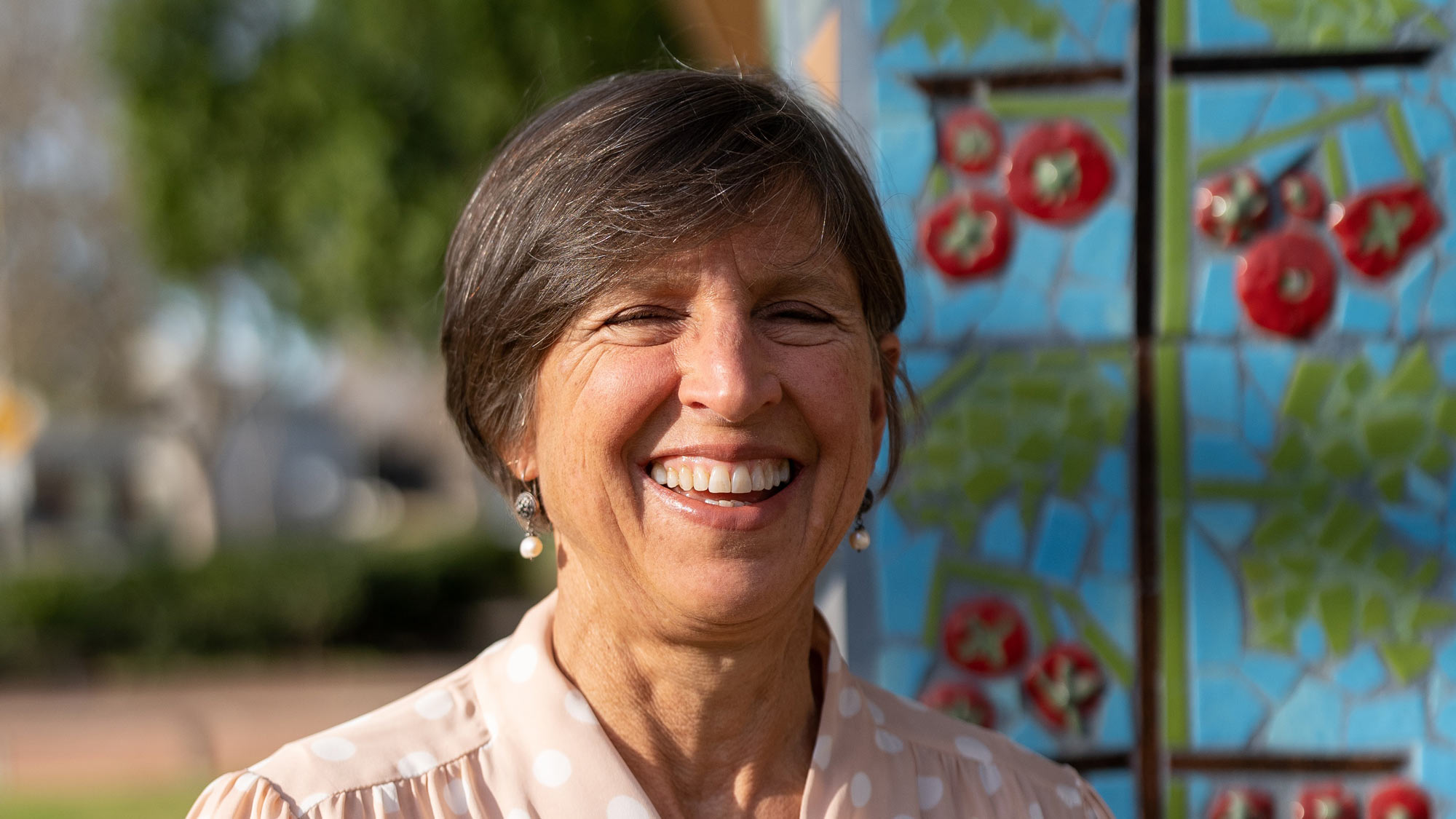
Faculty Distinguished Research Award
Pam Ronald, Distinguished Professor, Department of Plant Pathology, College of Agricultural and Environmental Sciences — Through her work in infectious disease biology and environmental stress tolerance in plants, Professor Ronald has made discoveries that have informed our understanding of plant immune systems and have positively affected the lives and livelihoods of millions worldwide. Her work is highly recognized, having earned several national and international honors. Notably, her studies on rice — particularly on strains resistant to flooding — have helped to identify and develop more robust, tolerant varieties given our changing global climate. Her studies have also explored the nature of disease resistance in specific strains to counter diseases that had previously devastated production. Moreover, Professor Ronald’s efforts to educate the public, particularly on the role of biotechnology in agriculture and to address concerns about genetically modified crops, are commendable.
Distinguished Scholarly Public Service Award
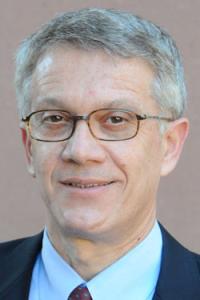
Walter Leal, Distinguished Professor, Department of Molecular and Cellular Biology, College of Biological Sciences — He conceptualized, organized and moderated four COVID-19 symposia for the public. Through meticulous research, he brought together physicians, former patients and public health experts to provide the most up-to-date information early in the pandemic, highlighting, among other issues, equity gaps in treatment. These events attracted more than 6,000 viewers from 35 countries. Professor Leal dedicated much of his sabbatical time to developing valuable public resources, thus providing high-quality information during a time of rampant misinformation. He also champions global learning, putting long-term efforts into global collaborations to enhance education.
Distinguished Teaching Awards: Undergraduate
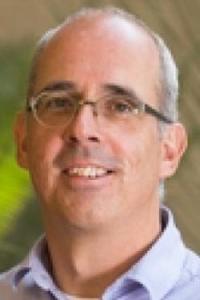
Johan Leveau, professor, Department of Plant Pathology, College of Agricultural and Environmental Sciences — Professor Leveau has made extraordinary contributions to undergraduate teaching. He teaches several popular and influential courses, ranging from large lectures to small seminars. He is the sole instructor for the research practicum for the Global Disease Biology major, where he guides approximately 80 students in developing their own research projects. Professor Leveau also partners with Global Disease Biology majors to prioritize and amplify the experiences of Black, Indigenous and people of color in his teaching, and spends his summers teaching high school students about microbiology as a part of the COSMOS program.
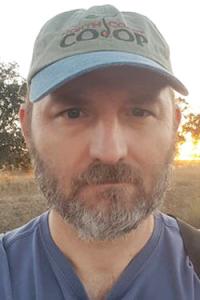
Sebastian Schreiber, professor, Department of Evolution and Ecology, College of Biological Sciences — Professor Schreiber is recognized for his excellence in teaching biology with an emphasis on mathematical models. He has a rare talent for making quantitative concepts and tools accessible to everyone by teaching them not only with great clarity, but also with sensitivity and compassion. He successfully does so in classes of all sizes, from “Introductory Biology,” with nearly 1,000 students per quarter, to the intensive course he developed for the Quantitative Biology major, with 10 students per quarter. As one student said, “Professor Schreiber’s lectures helped me to connect the lines between natural phenomena and mathematics.”
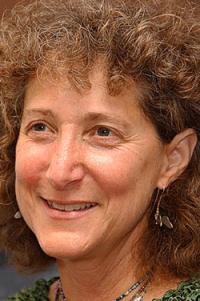
Diane Ullman, professor, Department of Entomology and Nematology, College of Agricultural and Environmental Sciences — Professor Ullman has provided superb teaching and mentoring for many years, not only in the Department of Entomology and Nematology but as a leader in the Science and Society program. She has brought art-science fusion alive in innovative ways. Her nominees and students rave about her deep dedication, care and knowledge in all teaching interactions, as well as her overall commitment to student success. One student nominator summed it up best: “My experience in her course last spring was one that lifted my spirits, enriched my education and strengthened my love for art and science during a time when it was difficult to feel positive about anything.”
Distinguished Teaching Awards: Graduate and Professional
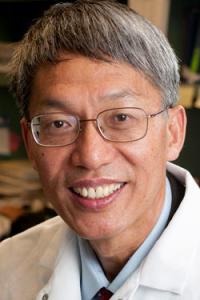
Xinbin Chen, professor, Department of Surgical and Radiological Sciences, School of Veterinary Medicine — Professor Chen has demonstrated excellence in mentoring and supporting individuals at all stages of education and learning — undergraduates, graduate students, postdoctoral fellows and even his peers. He points them toward opportunities and removes potential barriers. Moreover, his devotion to successful education and training has pushed professional programs to greater heights with additional funding support. His extensive leadership has ensured all scientists receive the highest quality training. Professor Chen will have lasting impact within his field.
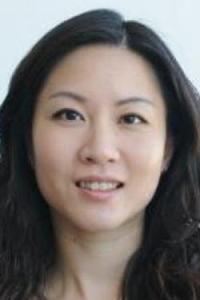
Joanna Chiu, professor, Department of Entomology and Nematology, College of Agricultural and Environmental Sciences — Professor Chiu is known for her ability to help students visualize and internalize abstract interactions that are invisible to the naked eye. Students and colleagues praise her desire to demystify pathways to success in science. She’s admired for her compassion and dedication to students at all levels, whether they are visiting high school students, or undergraduates or graduate students. Her graduate students have landed jobs in academia, industry and medicine, and they seek her counsel well into their professional lives. Professor Chiu has also created training programs and financial awards to increase diversity and inclusivity in her field.
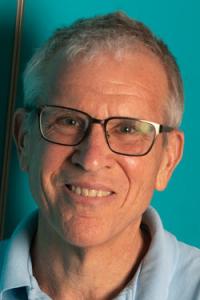
Richard Scalettar, Distinguished Professor, Department of Physics and Astronomy, College of Letters and Science — Professor Scalettar is recognized for his dedication to the academic and professional development of his students. He not only displays an immense attention to detail in his lectures and notes, but also serves as a mentor, research advisor and support system for undergraduate, graduate and postdoctoral students alike. He engages his students in both entry-level and advanced-level physics courses, encouraging attendance through social events and study groups. Professor Scalettar continuously puts his students first and inspires them to reach their full potential.
Academic Federation
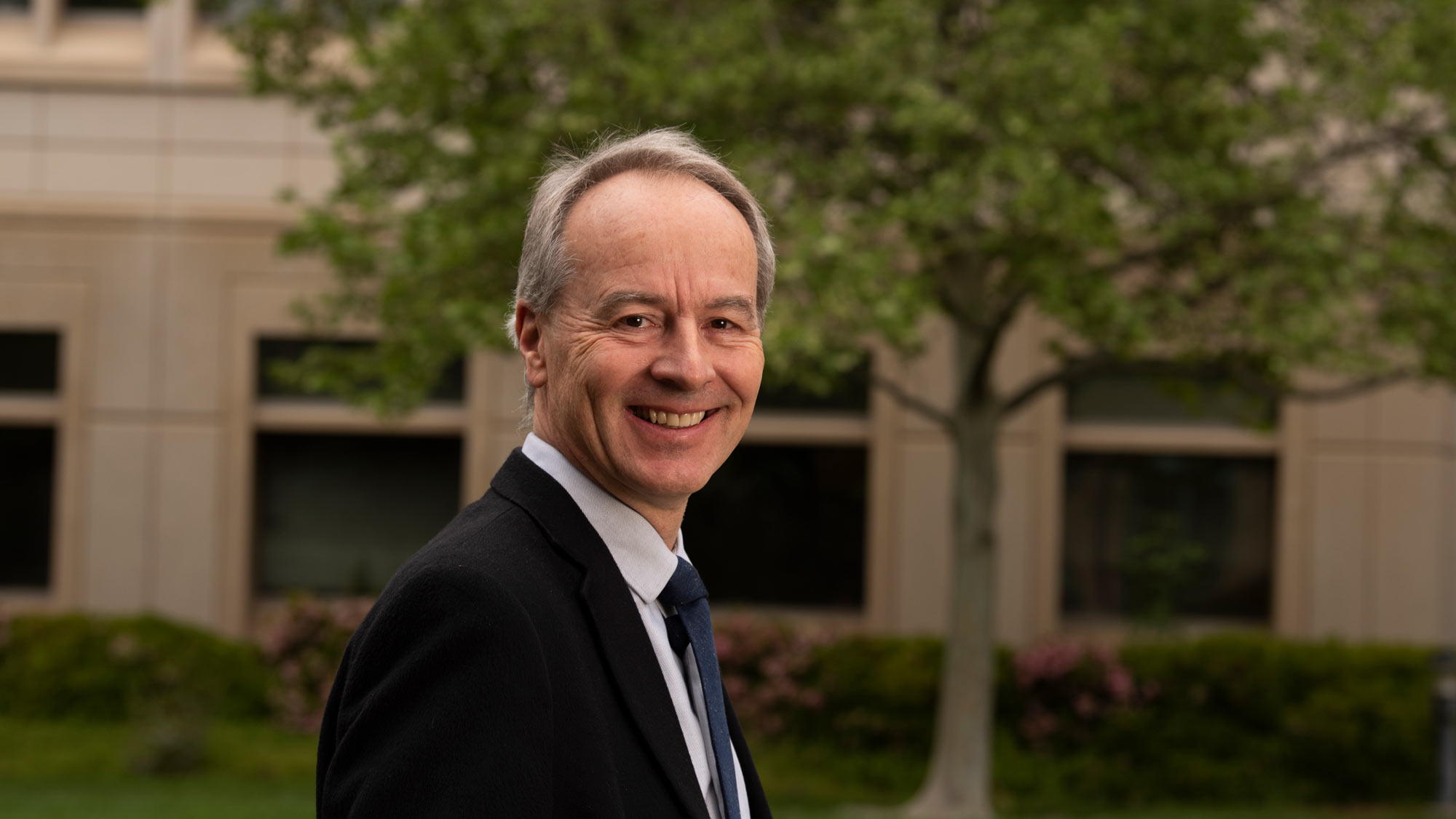
James H. Meyer Distinguished Achievement Award
Thomas Harter, professor and Cooperative Extension specialist, Department of Land, Air and Water Resources, College of Agricultural and Environmental Sciences — In his 27 years at UC Davis, he has established himself as a leading expert on the interface of groundwater and agriculture. His research and outreach activities have garnered national and international recognition and have guided policy changes for sustainable groundwater management practices. Notably, his research formed the basis for California’s groundbreaking Sustainable Groundwater Management Act — signed into law by Gov. Jerry Brown in 2014 — and for the implementation of the California Porter Cologne Water Quality Control Act. His service to the community, and his expansion of the collective knowledge of agricultural impacts on groundwater quality, demonstrate the qualities celebrated by the James H. Meyer Distinguished Achievement Award.
Distinguished Service Award
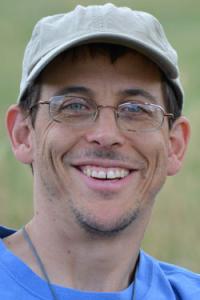
David Coil, associate project scientist, Genome Center, College of Biological Sciences — He has been an active citizen and an engaged undergraduate mentor in his 10 years at the Genome Center. Since late summer 2020, he has contributed to the Genome Center’s SARS-CoV-2 asymptomatic testing program, co-led a COVID-19 environmental monitoring project and addressed media inquiries about the pandemic. Specifically, he has coordinated sample collection from multiple kiosks and the lab operations conducted by the Genome Center’s DNA Technology Core Facility. His exceptional contributions to the testing program have been integral to its success and exemplify his distinguished record of service to the community.
Excellence in Research Award
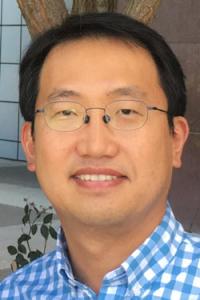
Sun Il Kwon, assistant project scientist, Department of Biomedical Engineering, College of Engineering — He has made groundbreaking advancements in biomedical imaging. Through meticulous and lengthy experiments, he developed new technologies and methods to better image —noninvasively — inside the human body. His work in the field continues through multiple recent NIH grants in which he is developing new sensors for imaging. This work will reduce costs, improve speed and make biomedical imaging more accessible to patients around the world. His contribution to his field is reflected through his extensively cited publications and media coverage, as well as the recruitment of postdoctoral fellows, graduate students and undergraduates to his prolific research team.
Excellence in Graduate and Professional Teaching or Mentoring
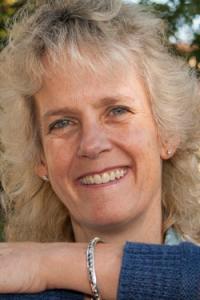
Alison Van Eenennaam, Cooperative Extension specialist, Department of Animal Science, College of Agricultural and Environmental Sciences — She is recognized for her dedication as a graduate student mentor and advocate over the past 15 years. Her unique and innovative research and extension program expose mentees to research opportunities, fieldwork, and industry interactions and collaboration. Through formal and informal mentoring roles, she takes a genuine interest in fostering individual student success while cultivating an inclusive and collaborative laboratory culture. During the pandemic, she guided mentees through their publication, grant writing and public outreach processes. Her dedication, guidance and expertise have contributed to her students’ success in pursuing careers in a variety of industries and fields.
Excellence in Undergraduate Teaching
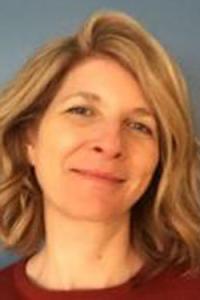
Melissa Bender, lecturer, University Writing Program, College of Letters and Science — She is recognized for the breadth and excellence of her teaching in the University Writing Program, as well as her support of students beyond her classroom, including mentorship of students going on to graduate school and study abroad programs. She demonstrates remarkable leadership inside and outside the classroom in an academic unit that is vital to the university’s educational mission. Her dedication to helping students develop lifelong practices of writing — and her generosity and compassion that students and colleagues describe in their reviews — distinguish her as a remarkable teacher.
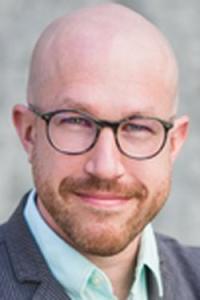
David Orzechowicz, lecturer, Department of Sociology, College of Letters and Science — Fondly called “Dr. O” by his colleagues and students, he is recognized for his excellent teaching in sociology. Fostering a collaborative classroom community, students meet rigorous course demands through thoughtfully designed, dynamic learning experiences. Colleagues praise his instruction as “an innovative and multidimensional pedagogical approach that engages students across different learning modalities and challenges them to think actively in order to learn.” As a cultural sociologist, he bridges theory and practice by engaging undergraduates in research opportunities in ethnography, archival research and survey methodology. Nominated by both colleagues and students, Dr. O’s passion and energy have positively impacted students’ personal growth and their development as scholars.
Media Resources
Dateline Staff: Dave Jones, editor, 530-752-6556, dateline@ucdavis.edu; Cody Kitaura, News and Media Relations specialist, 530-752-1932, kitaura@ucdavis.edu.
